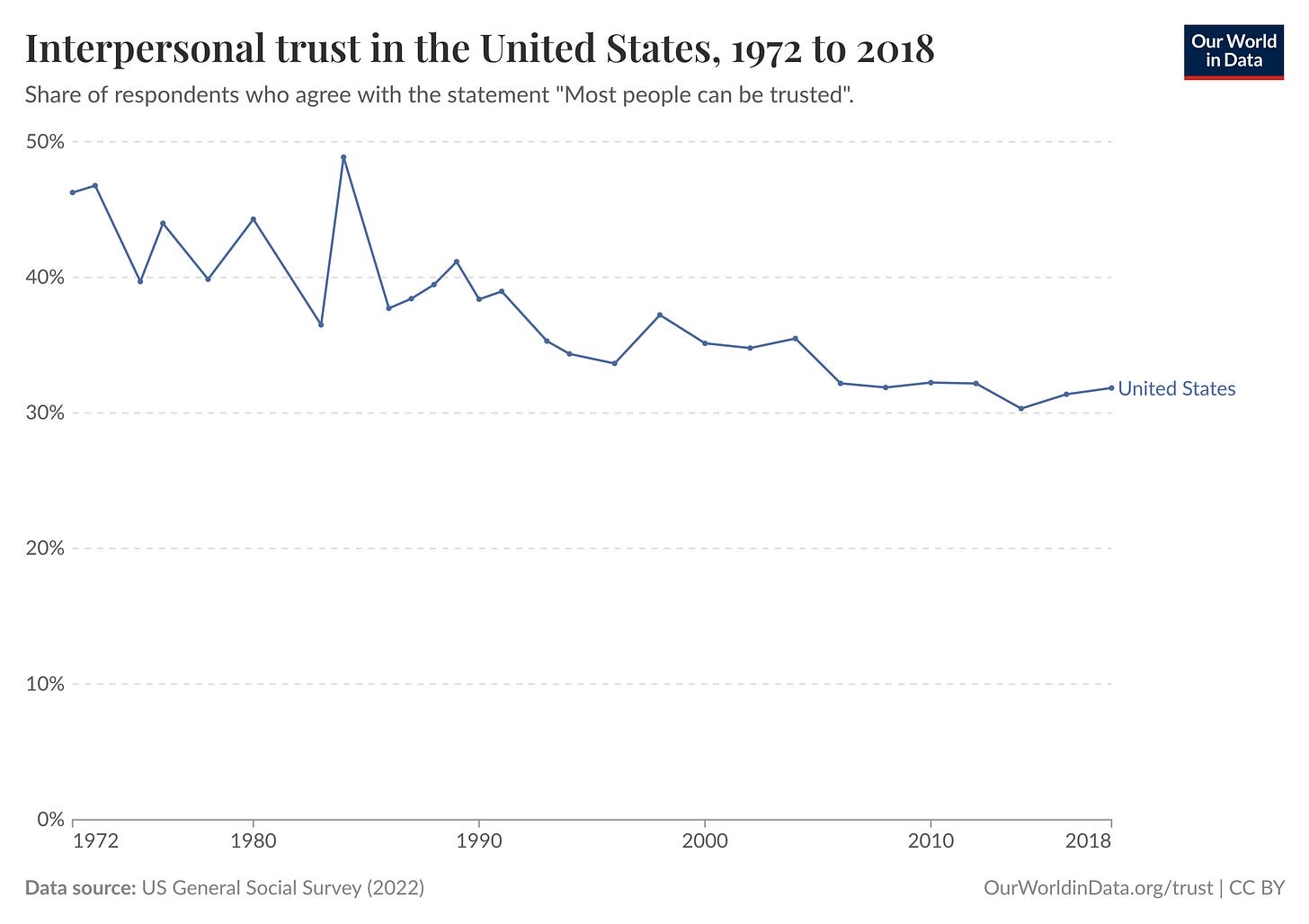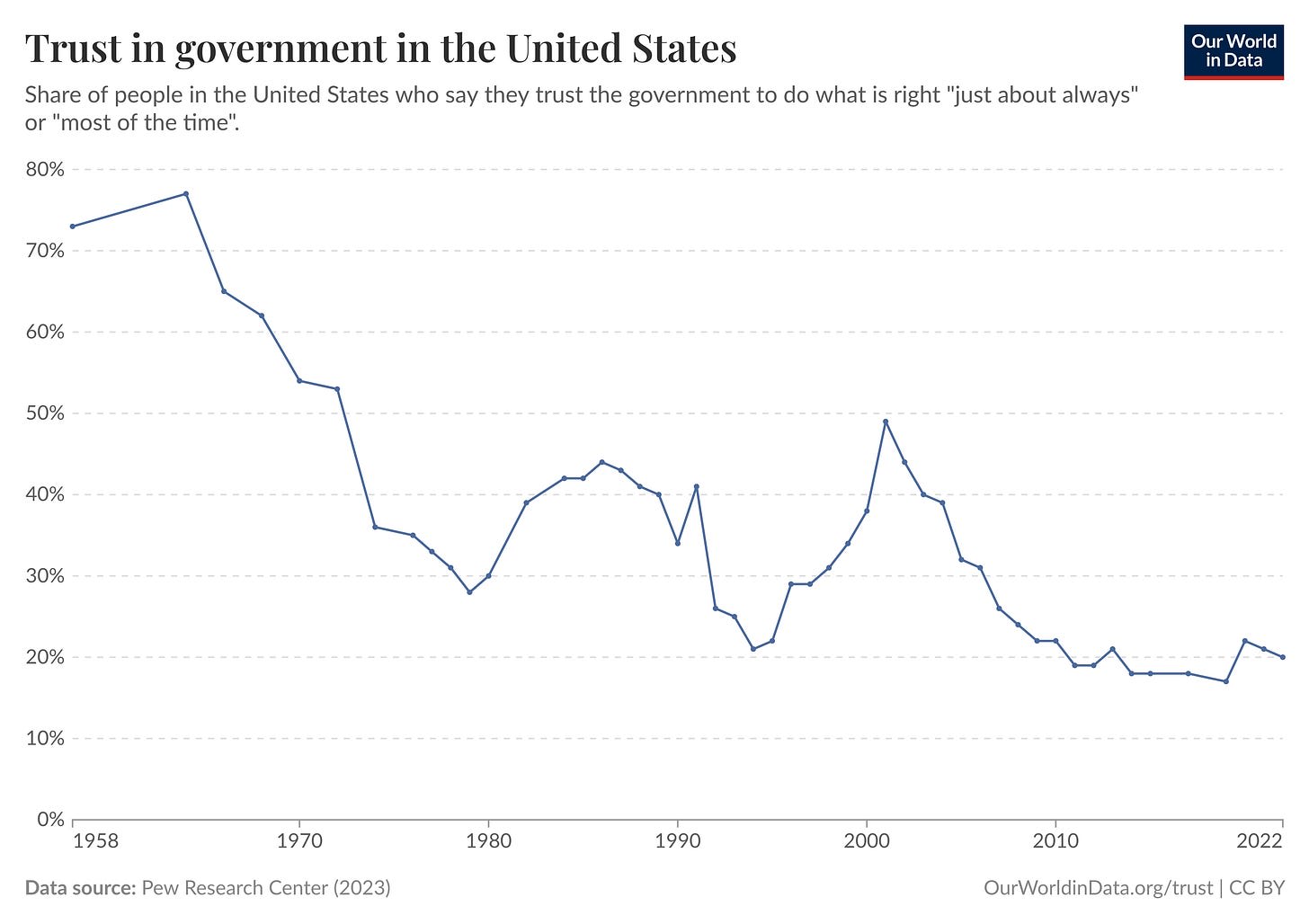A Taijitu symbol for Moloch and Slack
There is a balance between Moloch (which I think of as the forces of exploitation) and Slack (which I think of as the forces of exploration). Scott Alexander writes: > Think of slack as a paradox – the Taoist art of winning competitions by not trying too hard at them. Moloch and Slack are opposites and complements, like yin and yang. Neither is stronger than the other, but their interplay creates the ten thousand things. LW is mostly not a design website, but Scott's post inspired me to make a symbol for this concept. It's a Taijitu of Moloch and Slack as created by the inadequate equilibria and the hillock: You can find a higher resolution image and a svg-file of this symbol here




Ah yes, I had corrected that on my substack but not here, thx